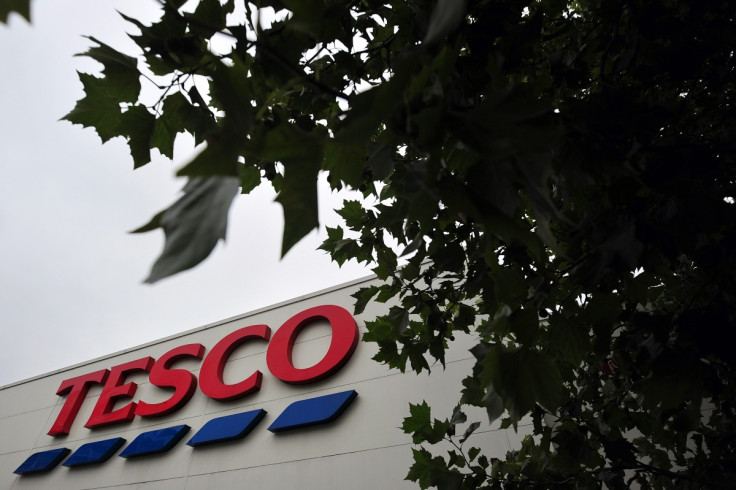Tesco raises £250m from sale of closed shop sites to property investor Meyer Bergman

Tesco is selling 14 mothballed shop sites for a combined £250m (€339m, $386m) to a property investment group, in an effort to pay off debt. The company is disposing of sites in London, Bath and the south east.
It is estimated that around 10,000 homes could be built in the sites owned by Spenhill, a subsidiary of Tesco dealing with property and regeneration. Dave Lewis, Tesco's CEO, said he had been work working with the buyer, Meyer Bergman, for months.
"We are very pleased to have agreed a deal... that will bring forward significant investment for these local communities, including opportunities for residential development," he commented. "We will be working with Meyer Bergman and local councils in the coming weeks to complete a formal handover and look forward to the delivery of investment on these sites."
In January, Tesco announced the closure of 43 stores and said it would not expand as the company struggles to keep overhead costs low. With the ongoing fall in sales and profits, the grocer is happy with the money raised from the property sale.
Lewis also announced in January that Tesco was halting the development of 49 new shops planned to open in the coming months. Some of the property was already built and it is reported the majority of unused stores are in poor condition as nothing has happened to maintain them over the last months.
Markus Meijer, chief executive at buyer Meyer Bergman, which advises on around £3bn worth of assets, said: "We see this investment as an opportunity to give new impetus to the Spenhill projects, to make Tesco's place-making ambitions for the sites happen and to make an enduring contribution to local communities. We look forward to engaging with local stakeholders so that immediately we can start moving the various Spenhill projects forward."
IBTimes UK asked Tesco about the change in property value, with house prices soaring over recent months, but a spokesman said he could not comment.
In December 2014, a black hole of £250m was found in the grocer's profits. Lewis has high hopes that the disposal of the sites would help with covering the unexpected costs that came with the accounting scandal.
© Copyright IBTimes 2025. All rights reserved.






















